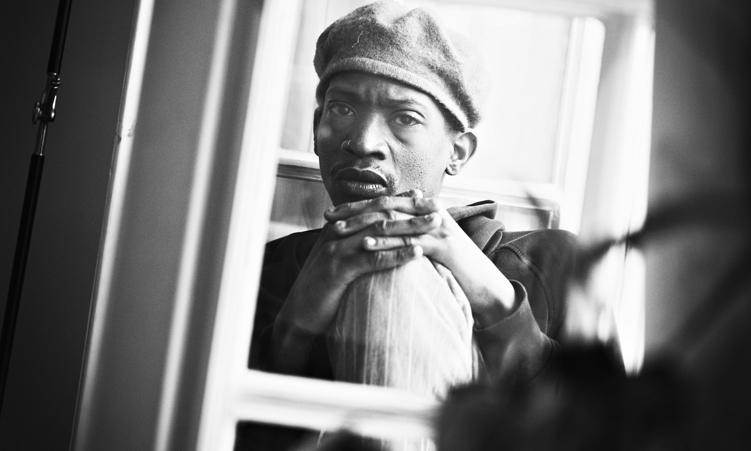Art and poetry have long been revered as vehicles for emotional expression, storytelling and a way for artists to tell stories that should be kept alive.
The upcoming theatrical production ‘Coming Home Dead’ is a testament to this, offering a journey that will immerse audiences in a retelling and re-examining of the 1904 Herero and Nama genocide, using performance poetry and narrative storytelling.
Told through the lens of poet, activist and journalist Keith Vries, who has a close relationship and understanding of the complexities, the live show is scheduled to be staged at the National Theatre of Namibia in Windhoek on Friday, 1 December.
It is the brainchild of the renowned artist, alongside director Patrick Sam, mentored by the acclaimed playwright Monageng ‘Vice’ Motshabi.
As an actor, poet and comedian, Sam brings over two decades of experience in the world of television and live performances, ensuring an authentic and captivating exploration of the 1904-1908 genocide, being a descendant of the affected people himself.
“The audience are set to experience an overwhelming narrative entrenched in humanising people that were meant to be exterminated, but continue to breathe because that’s the wish of the ancestors and the universe.
“The story allows for collective healing to take place to address the generational trauma with generational resilience,” Sam says.
His leading man has had a long career committed to resistance, expression and activism. As a descendant deeply connected to the subject matter, Vries will use his background in journalism and writing to craft historically accurate and emotionally resonant poems and performances.
“Being a journalist for almost a decade, as well as living and working as a full time activist changes the way you see the world. You have to speak honestly and earnestly about the condition of the world that we live in. I suppose that is why my poetry can be so jarring sometimes, because its based in fact,” says Vries.
The team says ‘Coming Home Dead’ originates from performance poetry initially presented by Vries in Stuttgart, Germany, evolving into full theatre production.
It seeks not only to inform audiences, but to facilitate healing and justice for the communities affected by the genocide.
“It feels like a continuation of the work I’ve been doing for the last decade. I know the show might seem like a big deal to a lot of people – and it sort of is – but I like seeing events/things like Legos; one piece needs the other to make the entire. For me it’s another step closer to reparations, restitution and respect.”
The team says Motshabi, a distinguished writer and director, is deeply invested in reshaping the role of theatre in society. His portfolio includes critically acclaimed plays with an emphasis on reimagining the potential of theatre as a tool for social impact.
With a body of work that resonates with audiences, Motshabi’s involvement in ‘Coming Home Dead’ promises a nuanced and layered narrative that exposes the multifaceted impact of historical trauma.
According to the team, the heart of ‘Coming Home Dead’ lies in its ability to intertwine performance poetry, ritual, music and archival material to unravel the scars of the past, resonate with the present and provoke contemplation about the future.
By drawing from historical texts and the Afrika Basler Bibliographien archive, the production promises to not only breathe life into the old and new, but also to counter dominant narratives that erase indigenous experiences.
This production is sure to be a testament to the transformative power of art and poetry, to be a tool for remembrance, healing and justice, and audiences can expect an emotional, thought-provoking and artistically rich experience.
- Anne Hambuda is a poet, writer and social commentator. Follow her online or email her [email protected] for more.



Leave a Reply